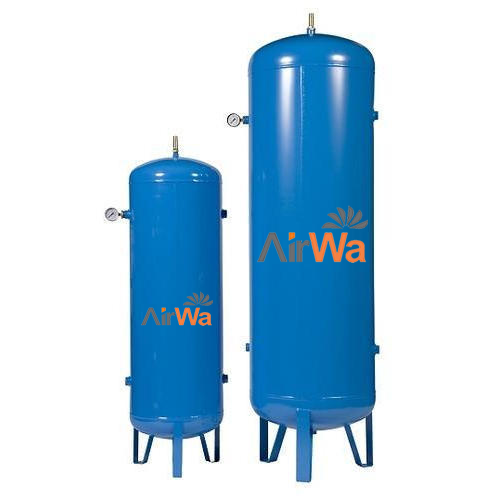Air Compressor
The Unsung Hero of Industrial Power
In the realm of industrial machinery and tools, there exists a silent workhorse that often goes unnoticed, yet plays a pivotal role in numerous applications across various industries. This unsung hero is none other than the versatile and powerful “Air Compressor.” From manufacturing plants to construction sites, and from auto repair shops to medical facilities, air compressors are indispensable devices that provide a reliable and consistent source of compressed air for a wide range of tasks.
The Basics of an Air Compressor
At its core, an air compressor is a mechanical device that converts power from an external source, such as an electric motor or an internal combustion engine, into potential energy stored in compressed air. It does so by compressing the air and reducing its volume, which in turn increases its pressure. This compressed air can then be harnessed and utilized to perform a multitude of tasks.
Types of Air Compressors
Air compressors come in various types, each designed to cater to specific applications and operational needs. Some common types include:

Reciprocating (Piston) Compressors
These compressors use one or more pistons driven by a crankshaft to compress the air. They are commonly found in smaller applications like home workshops and small-scale industrial processes.
Rotary Screw Compressors
Ideal for continuous and heavy-duty usage, rotary screw compressors utilize two helical screws to compress the air. They are widely used in large industrial settings and can deliver a steady flow of compressed air.
Centrifugal Compressors
Employing high-speed rotating impellers, centrifugal compressors are suited for high-volume applications, such as large-scale manufacturing and gas turbines.
Scroll Compressors
Known for their quiet operation, scroll compressors use two interlocking spiral-like elements to compress the air. They are often used in applications requiring moderate air volume.
Applications of Air Compressors
The versatility of air compressors makes them a critical component in a vast array of applications:
Applications of Air Compressors
The versatility of air compressors makes them a critical component in a vast array of applications:
Pneumatic Tools
Air compressors power a wide range of pneumatic tools, including impact wrenches, nail guns, paint sprayers, sanders, and more. These tools are favored for their lightweight, easy handling, and high power-to-weight ratio.
Manufacturing and Assembly
In manufacturing facilities, air compressors power assembly lines, robotic systems, and automated machinery, contributing to increased productivity and precision.
Construction
Employing high-speed rotating impellers, centrifugal compressors are suited for high-volume applications, such as large-scale manufacturing and gas turbines.
HVAC Systems
Known for their quiet operation, scroll compressors use two interlocking spiral-like elements to compress the air. They are often used in applications requiring moderate air volume.
Medical Sector
From dental offices to hospitals, air compressors are used to power dental tools, ventilators, and various medical devices that rely on compressed air.
Painting and Finishing
In automotive and woodworking industries, air compressors are essential for spray painting, surface finishing, and powder coating applications.
Energy Efficiency and Environmental Impact
Modern air compressors have evolved significantly, with advancements in technology focusing on energy efficiency and environmental impact. Variable Speed Drive (VSD) compressors, for example, adjust their motor speed to match the required air output, resulting in reduced energy consumption and lower operational costs.
Moreover, the shift towards more eco-friendly refrigerants and lubricants has made air compressors greener, minimizing their carbon footprint and contributing to sustainable practices in industries.
Maintenance and Safety
To ensure optimal performance and longevity, regular maintenance of air compressors is essential. Proper lubrication, timely filter replacement, and routine checks on valves and fittings are crucial to prevent breakdowns and costly repairs.
Safety is also of utmost importance when dealing with air compressors. Proper training in operating pneumatic tools, following safety guidelines, and using appropriate personal protective equipment (PPE) are critical to avoid accidents and injuries.
Conclusion
In conclusion, the air compressor, often overlooked but never undervalued, stands as a testament to human ingenuity and engineering excellence. Its ability to harness the power of compressed air has revolutionized industries, streamlined processes, and improved efficiency across the board. From manufacturing to construction, healthcare to automotive, the air compressor continues to be the unsung hero that keeps industries powered and moving forward, one compressed breath at a time.
© 2021, Airwa. All rights reserved
